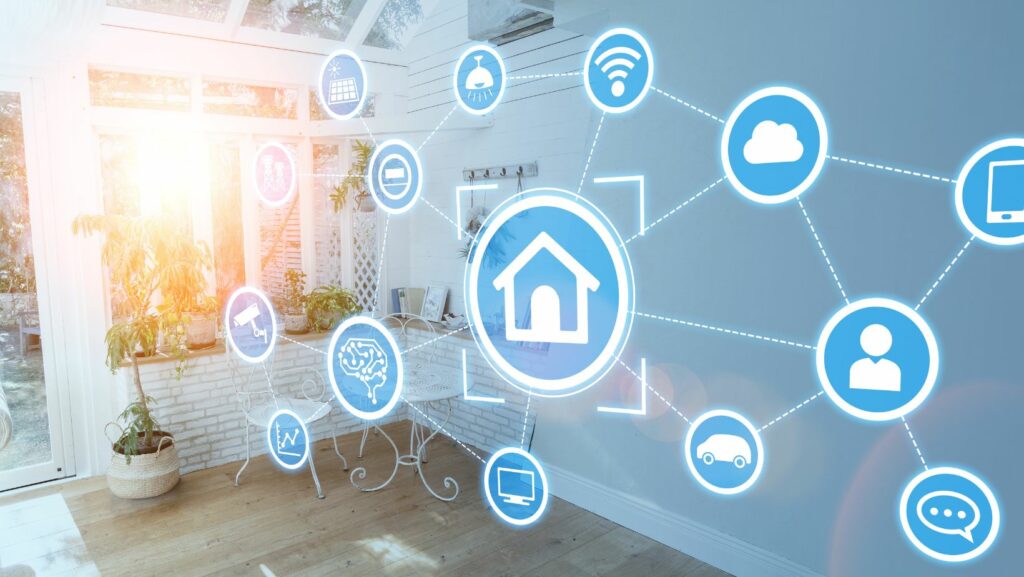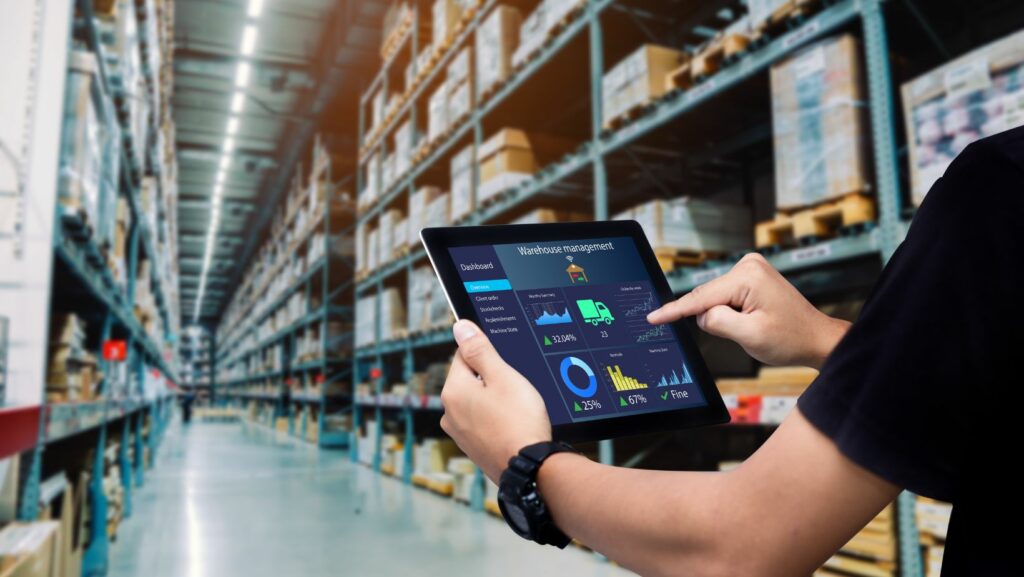In today’s fast-paced world, smart living has transformed from a futuristic concept into a practical reality. With the rapid advancement of technology, everyday life is becoming more efficient, convenient, and connected. From smart homes that adjust lighting and temperature automatically to wearable devices that monitor health, technology is reshaping how people interact with their environments.
Smart Living And Technology
Smart living integrates advanced technology into daily life, enhancing efficiency and comfort. Smart homes feature interconnected devices that automate tasks, monitor energy usage, and provide real-time data. This technology reduces energy consumption, resulting in lower utility bills and a reduced carbon footprint.
Key Components of Smart Living
-
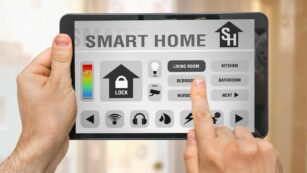 Smart Home Devices: Smart thermostats, lighting systems, and security cameras offer convenience and control. Users access these devices via smartphones or voice assistants.
Smart Home Devices: Smart thermostats, lighting systems, and security cameras offer convenience and control. Users access these devices via smartphones or voice assistants. -
Wearable Technology: Fitness trackers and smartwatches monitor health metrics, encouraging healthier lifestyles. These devices share data with health applications for comprehensive insights.
-
Home Automation: Automated routines simplify daily tasks. For example, smart coffee makers start brewing at a set time, while robot vacuums clean on a predefined schedule.
Benefits of Smart Living Technology
-
Improved Energy Efficiency: Smart thermostats adjust heating and cooling based on personal schedules, improving energy efficiency by up to 15%.
-
Enhanced Security: Smart security systems provide real-time alerts and remote monitoring, ensuring safety.
-
Convenience: Scheduling appliances and controlling devices remotely streamline tasks. Homeowners manage multiple functions with ease.
Sustainability through Smart Technology
-
 Energy Management: Smart meters provide insights into energy usage. This data helps homeowners optimize power consumption.
Energy Management: Smart meters provide insights into energy usage. This data helps homeowners optimize power consumption. -
Water Conservation: Smart irrigation systems use weather data to water gardens and lawns efficiently, conserving water.
-
Eco-Friendly Devices: Energy-efficient smart appliances reduce overall energy demand, supporting sustainable living.
Community Connectivity
Smart living fosters community connections. Neighborhoods with smart infrastructure promote collaboration through shared resources, such as community solar panels and local networked services. Engaging with technology not only enhances individual lifestyles but also strengthens the ties between residents.
Smart living and technology create a dynamic ecosystem of efficiency, security, and sustainability that transforms everyday life.
Innovations In Smart Technology
Smart Home Devices
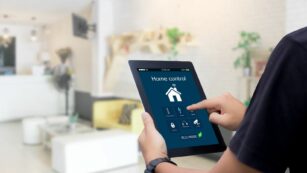 Smart home devices revolutionize household management by providing automation and efficiency. Smart thermostats adjust heating and cooling based on real-time occupancy data, enabling energy savings of up to 30%. Smart security cameras and locks offer real-time monitoring, ensuring that homes with these systems are up to 300% less susceptible to break-ins. Smart lighting systems allow users to control brightness and energy efficiency through mobile apps or voice commands, aligning energy use with daily routines. Furthermore, smart appliances, like refrigerators that monitor food supplies, contribute to waste reduction by providing reminders about expiration dates.
Smart home devices revolutionize household management by providing automation and efficiency. Smart thermostats adjust heating and cooling based on real-time occupancy data, enabling energy savings of up to 30%. Smart security cameras and locks offer real-time monitoring, ensuring that homes with these systems are up to 300% less susceptible to break-ins. Smart lighting systems allow users to control brightness and energy efficiency through mobile apps or voice commands, aligning energy use with daily routines. Furthermore, smart appliances, like refrigerators that monitor food supplies, contribute to waste reduction by providing reminders about expiration dates.
Wearable Technology
Wearable technology tracks health metrics and promotes fitness through real-time data collection. Devices such as fitness trackers monitor steps, heart rate, and sleep patterns, encouraging active lifestyles. Smartwatches integrate communication features and health monitoring, enabling users to respond to notifications and track workouts seamlessly. Moreover, some wearables offer advanced health insights, like blood oxygen levels and stress management tools, enhancing overall well-being. By synchronizing with smart home devices, wearables facilitate a cohesive health management system, allowing for proactive health monitoring and lifestyle adjustments.
Future Trends In Smart Living
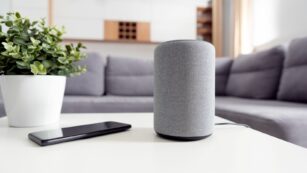 As technology continues to evolve the landscape of smart living is set to expand further. Emerging innovations promise to enhance connectivity and automation in ways that were once unimaginable. The integration of artificial intelligence and machine learning will likely lead to even smarter devices that can anticipate user needs and preferences.
As technology continues to evolve the landscape of smart living is set to expand further. Emerging innovations promise to enhance connectivity and automation in ways that were once unimaginable. The integration of artificial intelligence and machine learning will likely lead to even smarter devices that can anticipate user needs and preferences.
Additionally the focus on sustainability will drive the development of eco-friendly smart technologies. This shift not only benefits the environment but also promotes healthier lifestyles. Furthermore the importance of data privacy will shape future designs ensuring users can enjoy the benefits of smart living without compromising their personal information.
Ultimately the future of smart living holds immense potential. By embracing these advancements individuals can look forward to a more efficient secure and connected way of life.

